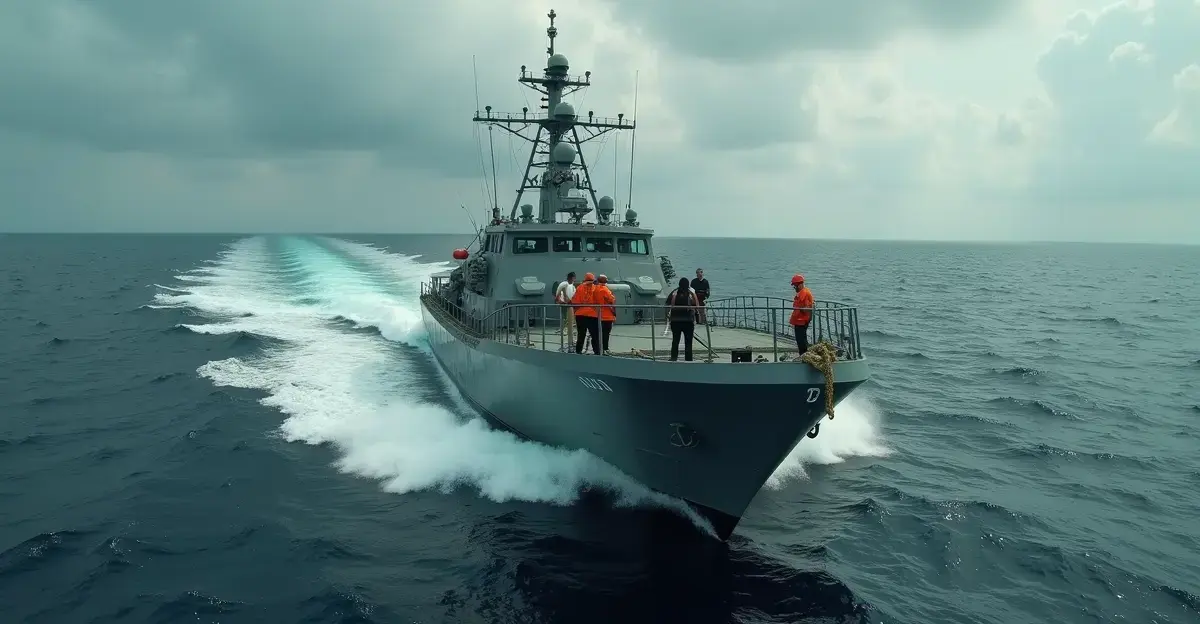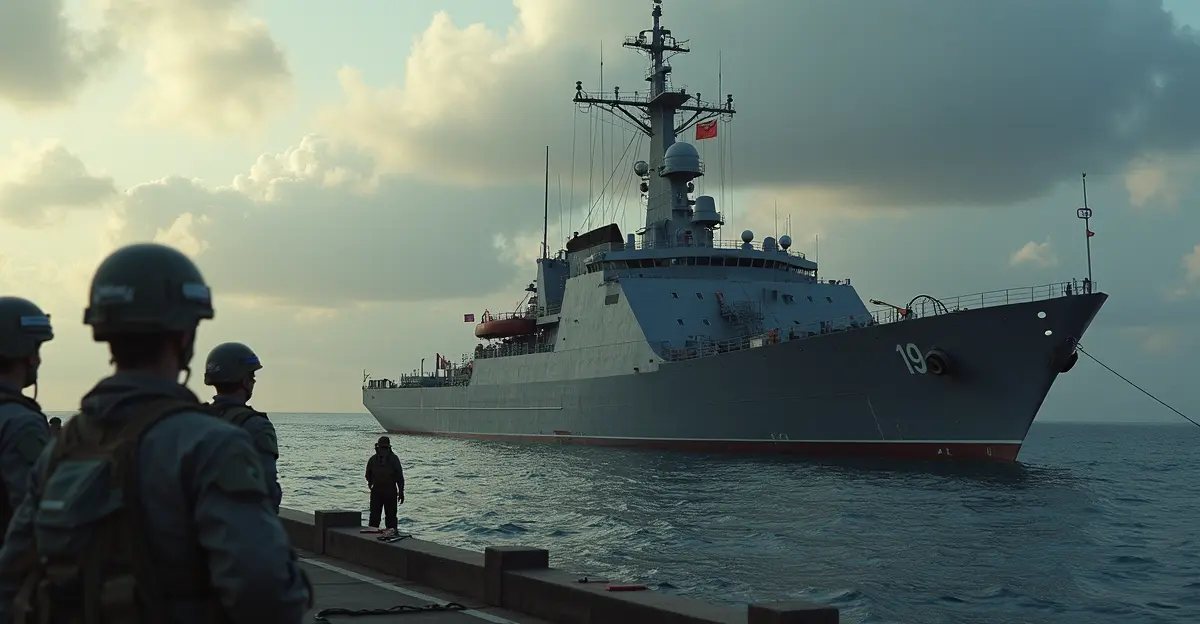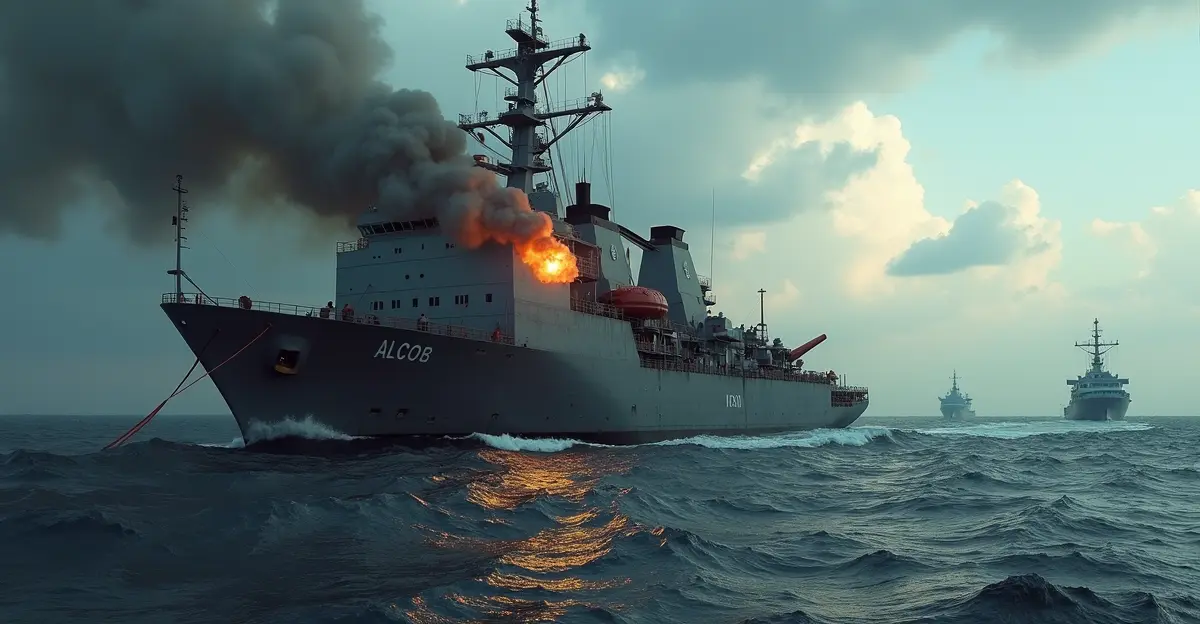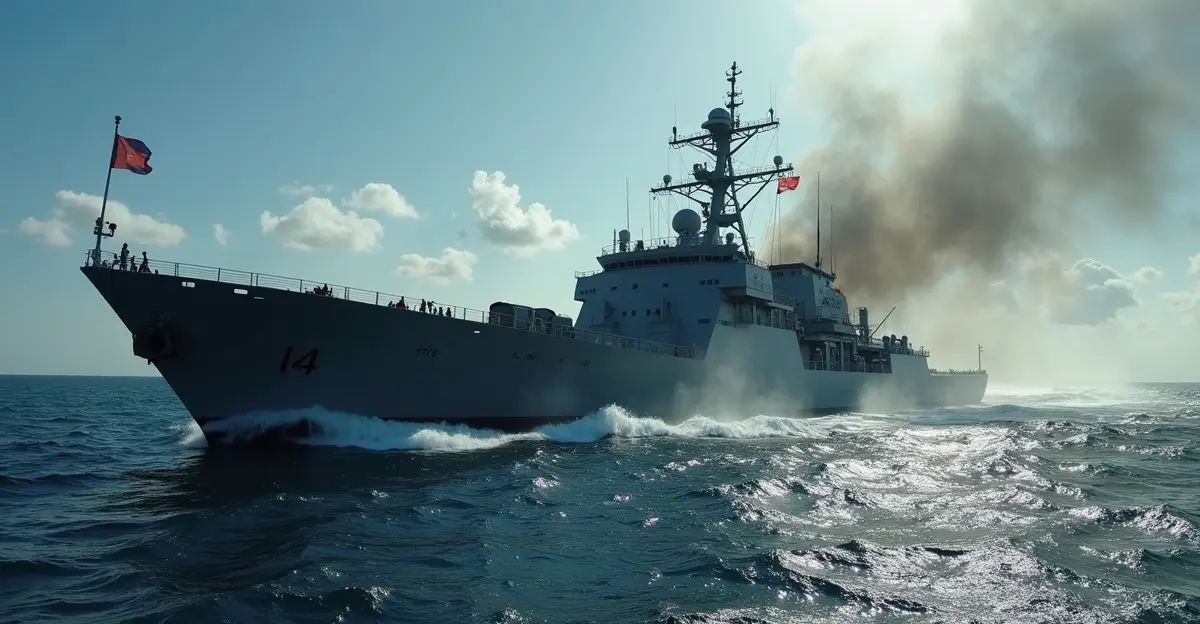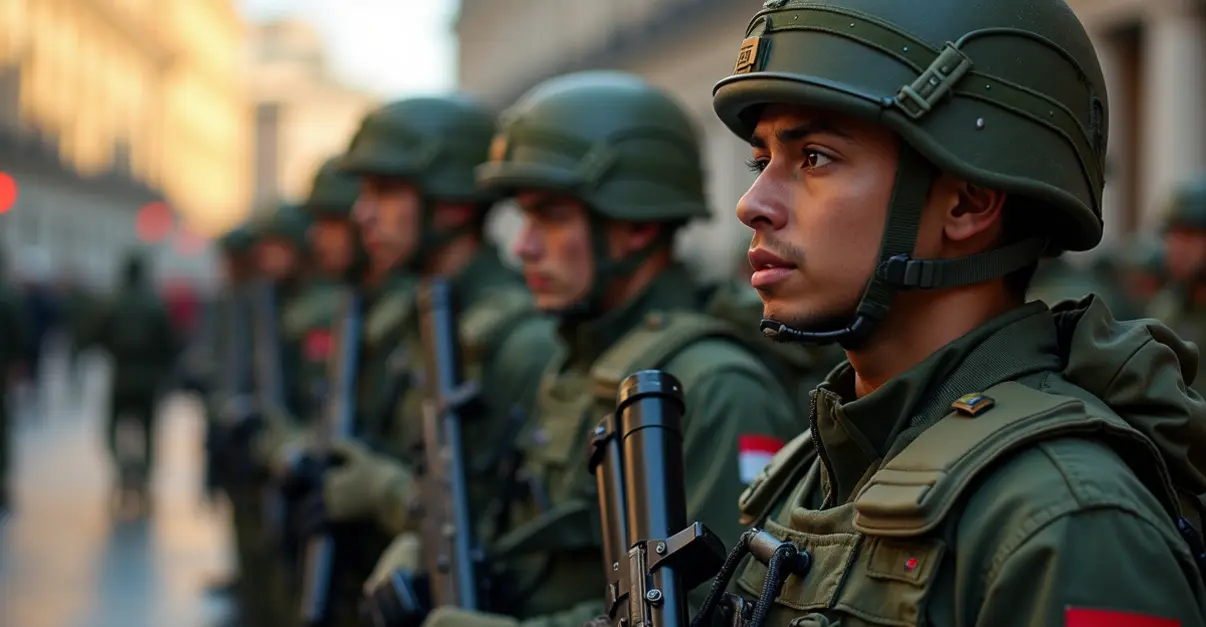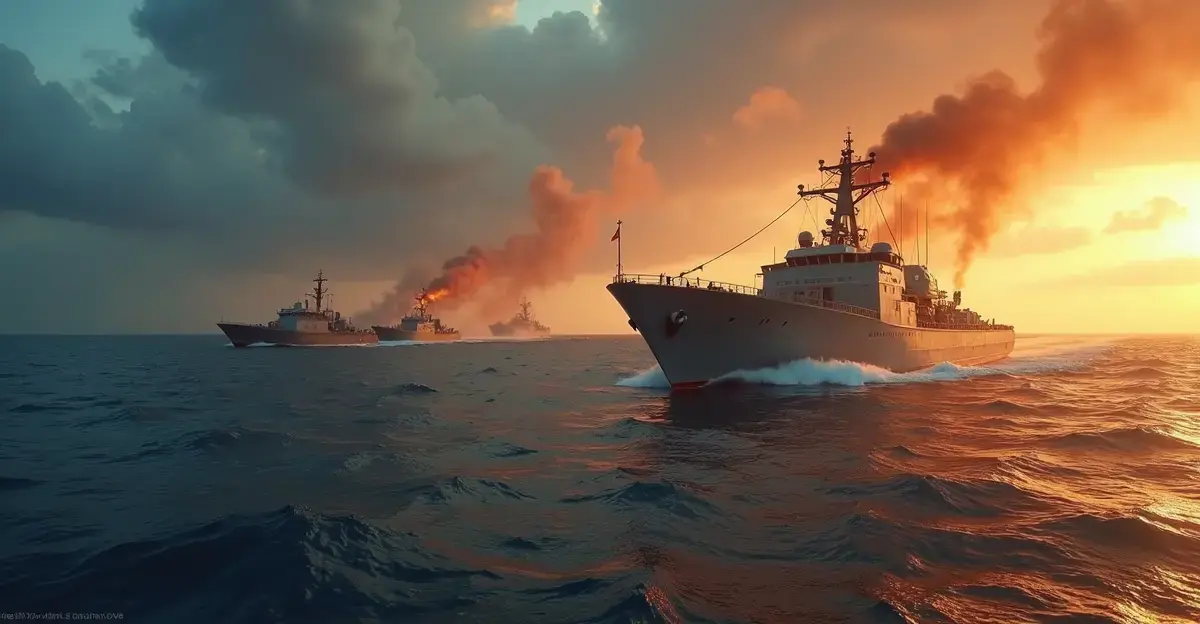Latest Attack in Escalating Anti-Drug Campaign
The United States military has conducted another strike against a suspected drug-smuggling vessel in the eastern Pacific Ocean, resulting in the deaths of all four crew members aboard. Defense Secretary Pete Hegseth announced the operation, claiming the vessel was transporting narcotics along known drug trafficking routes, though he provided no evidence to support these allegations.
Escalating Maritime Operations
This latest incident marks the continuation of an aggressive campaign that began in September 2025, with U.S. forces conducting lethal strikes against suspected drug boats in international waters. According to recent reports, these operations have now claimed at least 61 lives across multiple engagements. The strikes represent a significant escalation from traditional counter-narcotics operations, which historically focused on interdiction and arrest rather than lethal force.
Hegseth posted a 22-second video on X showing the attack on the vessel and warned that the U.S. would "continue to track down and eliminate drug terrorists wherever they operate." The Defense Secretary's statement reflects the Trump administration's framing of drug cartels as terrorist organizations, a designation that provides legal justification for military action.
Legal and International Concerns
The strikes have drawn criticism from legal experts and international observers who question their legality under both international and U.S. law. "These operations in international waters raise serious questions about extrajudicial killing and due process," noted a legal analyst familiar with maritime law. "The administration's justification relies on designating drug traffickers as terrorists, but this challenges established international legal frameworks."
According to analysis from the U.S. Naval Institute, the new military approach marks a dramatic departure from traditional maritime counter-narcotics operations, which historically used graduated force - warning shots, disabling fire, boarding, and arrest - resulting in over 90% success rates and criminal prosecutions.
Administration's Justification
President Trump has defended the strikes, asserting that the U.S. is engaged in an armed conflict with drug cartels. "We are fighting a war against these criminal organizations that are poisoning our communities," Trump stated in a recent address. "The deadly attacks in international waters are justified to stop the flow of drugs into the United States."
However, neither Trump nor his administration officials have provided evidence that the targeted vessels were actually transporting narcotics. The lack of transparency has fueled criticism from congressional Democrats and some Republicans who question the legal basis for the operations.
Regional Implications
The strikes in the Pacific Ocean represent an expansion of the campaign beyond the Caribbean, where most previous operations occurred. The eastern Pacific has long been a major transit route for narcotics moving from South America to North American markets. Recent reports indicate the operation reflects continued U.S. efforts to disrupt drug trafficking routes in the Pacific region.
The escalation comes amid broader military buildup in the region, including the deployment of the USS Gerald R. Ford aircraft carrier to the Caribbean. The administration's approach has created tensions with regional partners and raised questions about the long-term strategy for combating drug trafficking.
Human Rights and Due Process Concerns
Human rights organizations have expressed alarm at the increasing death toll and the lack of due process in these operations. "When you conduct strikes without clear evidence and without judicial oversight, you risk killing innocent people and undermining the rule of law," said a representative from a human rights monitoring group.
The operations have also drawn criticism from Senator Rand Paul, who called the airstrikes "extrajudicial killings" and noted that Congress received no information about the strike campaign. The lack of congressional oversight has become a point of contention in Washington, with lawmakers from both parties demanding more transparency about the legal authority for these operations.
As the campaign continues to expand, questions remain about its effectiveness in reducing drug trafficking and its implications for international law and U.S. foreign policy in the Western Hemisphere.

 Nederlands
Nederlands
 English
English
 Deutsch
Deutsch
 Français
Français
 Español
Español
 Português
Português
